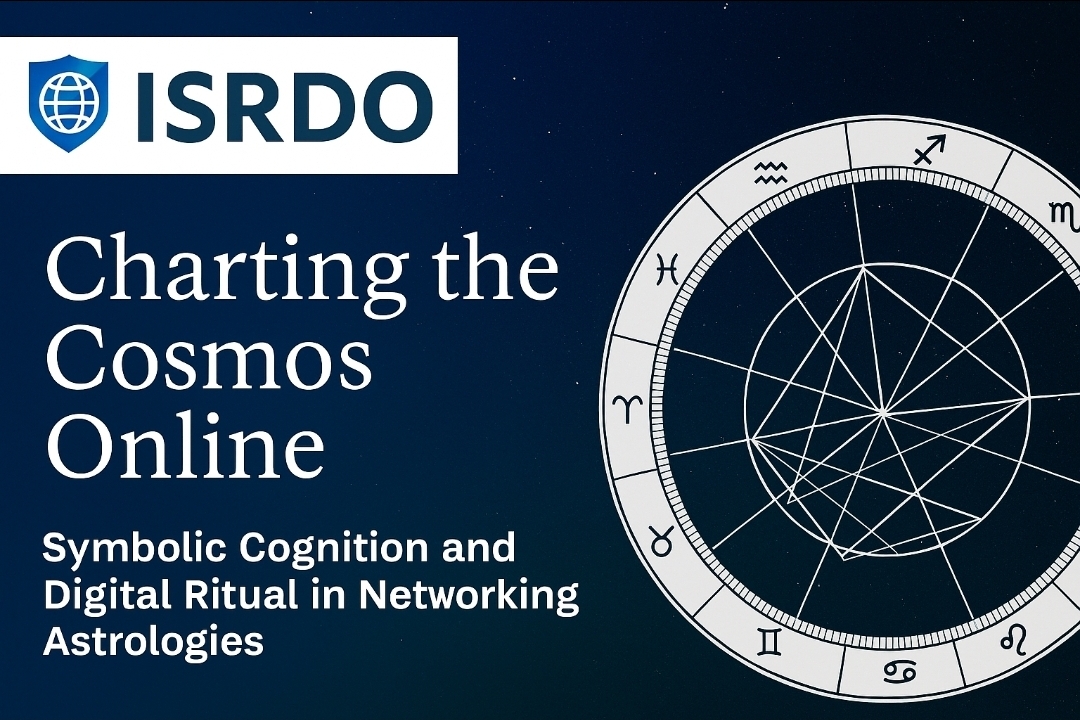
Journalism
Journalism is unbiased production and distribution of
reports on current or past events based on facts and supported with proofs or
evidences. The word journalism applies to the occupation, as well as citizen
journalists who gather and publish unbiased information based on facts and
supported with proofs or evidences. Journalistic media include print,
television, radio, Internet, and, in the past, newsreels.
Concepts of the appropriate role for journalism vary between
countries. In some nations, the news media are controlled by government
intervention and are not fully independent. In others, the news media are
independent of the government but instead operate as private industry motivated
by profit. In addition to the varying nature of how media organizations are run
and funded, countries may have differing implementations of laws handling the
freedom of speech and libel cases.
The proliferation of the Internet and smartphones has
brought significant changes to the media landscape since the turn of the 21st
century. This has created a shift in the consumption of print media channels, as
people increasingly consume news through e-readers, smartphones, and other
personal electronic devices, as opposed to the more traditional formats of
newspapers, magazines, or television news channels. News organizations are
challenged to fully monetize their digital wing, as well as improvise on the
context in which they publish in print. Newspapers have seen print revenues
sink at a faster pace than the rate of growth for digital revenues.
- Fundamentals of Journalism
- Media Laws & Constitution
- Reporting Methods
- Editing Techniques
- Media Management
- Advertising & Public Relations
- Basic Audio-Visual Media
- Radio Broadcasting
- History of Journalism
- Media
- Society & Development
- Environment & Media
- Media Criticism
- Internet & New Media
- Magazine Journalism
- TV Broadcasting
- Media Research
- Recording and Editing Techniques
- Media Organisation & Management
- Global Media Scenario
- Behavioural Science
- Event Management
- Web and Advertising Design
- Script Writing
- Print Journalism
- Radio Journalism
- TV Journalism
- Online Journalism
- Photo journalism
- English for Communication
- Multimedia Journalism
Recent Published
Submit Manuscript
To give your manuscript the best chance of publication, follow these policies and formatting guidelines.


